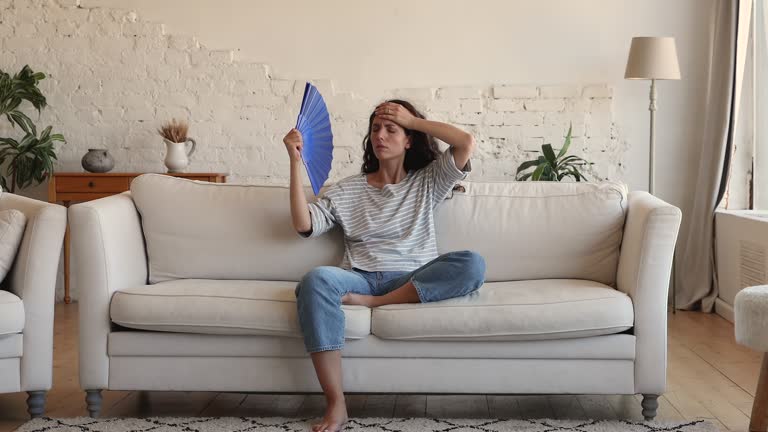What is GotAnyNudes and Why is it Trending?
The internet is filled with trends, memes, and viral terms that often spark curiosity. One such term that has recently gained attention is GotAnyNudes. While the phrase itself might seem straightforward, it raises several concerns regarding online privacy, security, and digital ethics.
In this article, we will explore the meaning of GotAnyNudes, its implications, and how you can protect your digital privacy in an era where personal content can easily be shared or leaked.
Understanding the Popularity of GotAnyNudes
The phrase GotAnyNudes is often used in casual conversations, social media platforms, and online forums. However, its popularity brings attention to a much larger issue—the risks associated with sharing personal content online.
The Role of Social Media in Online Trends
Social media plays a significant role in the spread of trends like GotAnyNudes. Platforms like Twitter, Reddit, and TikTok amplify certain phrases, making them go viral overnight. But while some trends are harmless, others can lead to serious concerns regarding consent and digital privacy.
Online Culture and Privacy Concerns
The internet has transformed how people communicate and share content. Unfortunately, it has also made it easier for private content to be misused. The rise of cloud storage hacks, phishing scams, and unauthorized leaks has made digital security a top priority.
The Dangers of Sharing Private Content Online
While the term GotAnyNudes might seem like a joke to some, it highlights the risks associated with sharing personal images or videos online. Once something is uploaded, it is nearly impossible to control who sees it or where it ends up.
Risks of Sending Private Images

- Lack of Control – Once an image is shared, the sender loses control over who can access it.
- Data Breaches – Many cloud storage services and apps have been hacked, leading to massive leaks.
- Blackmail and Exploitation – Some individuals misuse private images for extortion or revenge.
- Legal Consequences – Sharing or storing explicit images without consent can lead to legal issues.
How to Protect Your Digital Privacy
The best way to stay safe online is to take proactive steps to protect your personal data.
Secure Your Online Accounts
One of the easiest ways to prevent unauthorized access to your personal content is by strengthening your online security.
- Use Strong Passwords – Create complex passwords and avoid using the same password across multiple platforms.
- Enable Two-Factor Authentication (2FA) – This adds an extra layer of security to your accounts.
- Avoid Cloud Storage for Private Content – Instead, use encrypted external storage devices.
Be Cautious About Sharing Content
Think twice before sharing any private images or videos. Even with trusted individuals, there is always a risk of leaks.
- Use Disappearing Messages – Some apps offer self-destructing messages that disappear after being viewed.
- Know Who You’re Sharing With – Only send private content to people you completely trust.
- Understand the Risks – Educate yourself on digital footprints and how content can be shared beyond your control.
The Legal and Ethical Implications of Sharing Private Content
Consent and Digital Ethics
Sharing explicit content without consent is not only unethical but also illegal in many countries. Laws surrounding digital privacy are constantly evolving to protect individuals from exploitation and revenge sharing.
Cybercrime and Legal Action
Many governments have strict laws against non-consensual sharing of explicit content. In some cases, offenders can face hefty fines or even imprisonment. If you are a victim of such a crime, legal action can be taken to remove unauthorized content from the internet.
Steps to Take If Your Private Content is Leaked
If you ever find yourself in a situation where your private images or videos have been leaked, immediate action is necessary.
Report the Content
Most social media platforms and websites have policies against non-consensual content. Reporting the material can help get it removed quickly.
Seek Legal Assistance
Depending on the severity of the situation, seeking legal help might be necessary to protect your rights and privacy.
Strengthen Your Digital Security
If your content was leaked due to a security breach, update your passwords and enable stronger security measures to prevent further incidents.
Conclusion
The phrase GotAnyNudes may seem like just another internet trend, but it sheds light on a much bigger issue—digital privacy and security. In today’s world, where online content can easily be shared and misused, protecting personal data is more important than ever.
By following safe online practices, being mindful of what you share, and understanding digital ethics, you can keep your private information secure. Always remember that once something is online, it is nearly impossible to erase. Stay cautious, stay informed, and protect your digital presence.
FAQs
What does GotAnyNudes mean?
GotAnyNudes is a phrase often used in online conversations, but it raises concerns about digital privacy and security.
Is it safe to send private images online?
No, once an image is shared online, you lose control over where it goes and who sees it. It’s always best to be cautious.
How can I protect my private content online?
Use strong passwords, enable two-factor authentication, and avoid storing personal content on cloud-based services.
What should I do if my private images are leaked?
Report the content immediately, seek legal assistance, and update your digital security settings.
Are there laws against sharing private content without consent?
Yes, many countries have strict laws that make non-consensual sharing of explicit content a punishable offense.



